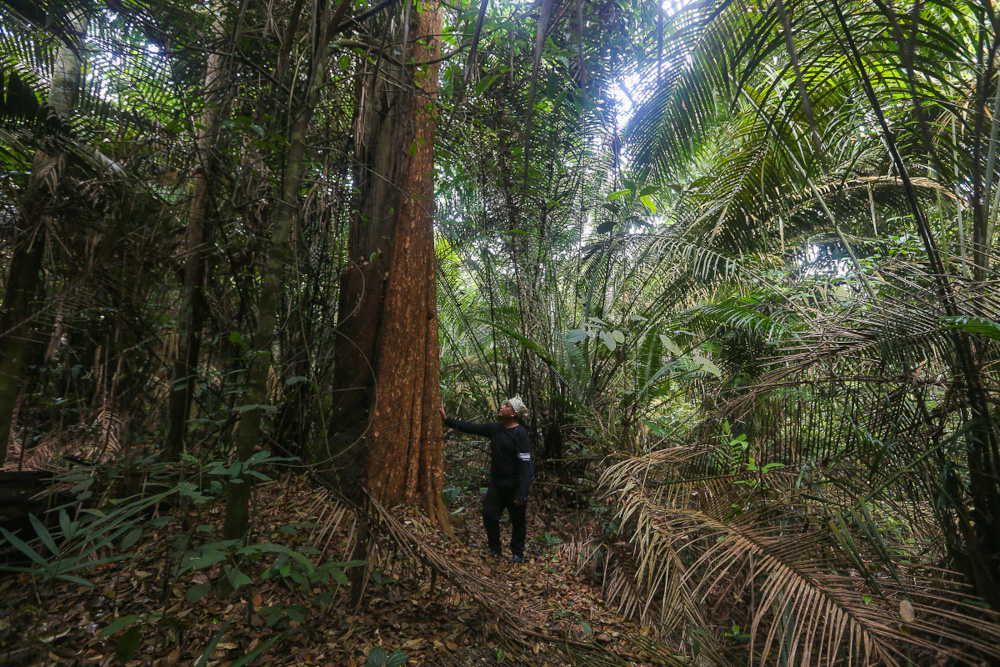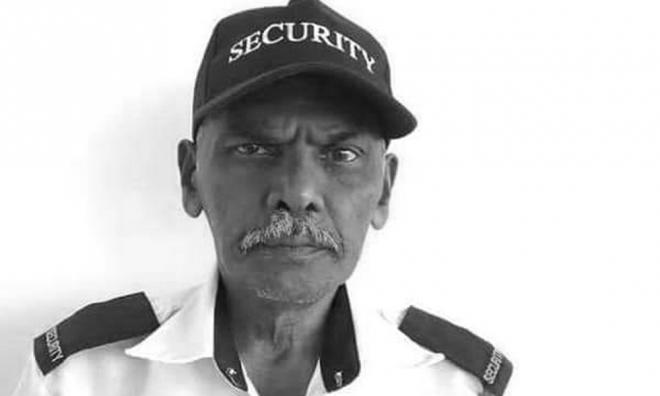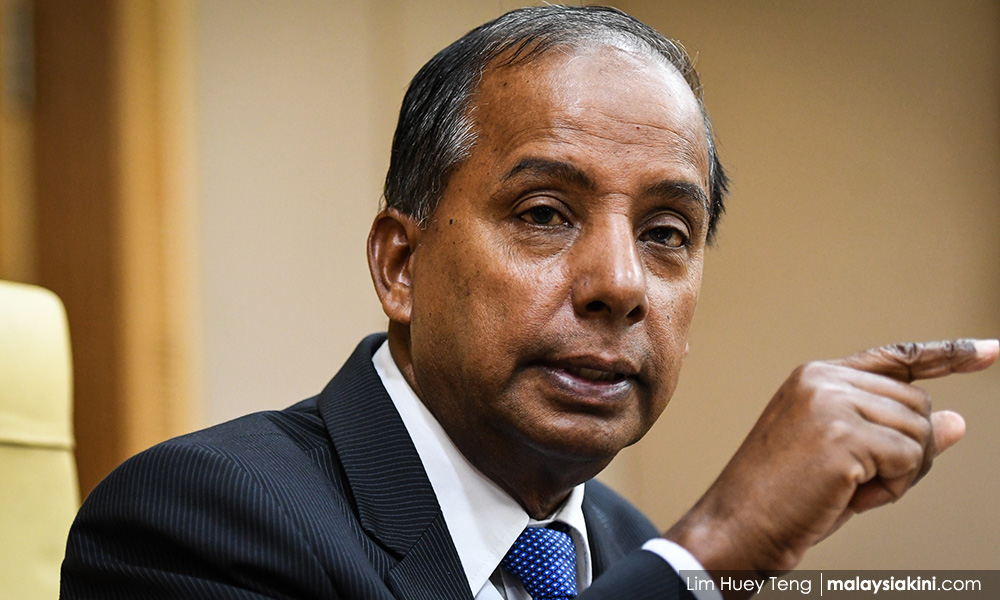In heated debate, Wong criticised the Selangor state government for not honouring a motion submitted by PKR’s Kota Anggerik assemblyman Najwan Hilmi last November to cancel the degazettement plans, which was unanimously supported in the State Legislative Assembly.
Wong, who is also a former environment exco, said Selangor has enough land for development and it should not sacrifice forest reserve land for commercial purposes.
“We can consider (developing the land) if it is in the interest of the people, but not for the greed and profit of the private sector.
“I think the state assembly needs a stronger and thorough answer from the state government.
“We are not like other states where they easily approve land for logging.
“I am very sorry. I am very disappointed with the Selangor state government. You have the brains, but you are not using it to the fullest capacity,” she said.
In response to this, Lee said Najwan’s motion was an individual motion and had no binding effect on the decision of the State Exco.
“The motions from individuals are motions used as a guide for us. They are not binding on the decision of the State Exco.
“The State Exco can still make a decision,” said Lee.
He further stressed that the decision made during the State Exco meeting was unanimously agreed upon by those who were present.
He added that prior to the decision being made, a consultant had advised the state government that the biodiversity value of the replacement forest reserve land parcels was almost the same as that found in the KLNFR.
Langat red fighting fish
Wong, however, argued that many animal species are native to the KLNFR and some are even named after the forest reserve.
“There is the Langat red fighting fish. It is named after the forest reserve. It is not the Sabak Bernam red fighting fish.
“How can you say that it is the same?” she questioned.
The KLNFR — a forest mostly made up of peatland swamps — is reportedly home to several endangered species, including flora such as the meranti bunga and meranti bakau, along with fauna such as the Malayan sun bear, panther and clouded leopard.
The 8,000-year-old forest apparently also contains endemic species such as the Selangor pygmy flying squirrel and the Langat red fighting fish.
Lee, however, replied that the degazettement is not for the entire forest reserve and the endemic species can still be found in other parts of the reserve.
“There is still the remaining forest reserve which can be a habitat to various flora and fauna,” he said.
He added that this was long-term planning for the future generation who may be in search of property in the next 10 to 15 years and if there is no development now, it may burden the future generation.

Orang Asli at risk
Apart from the damage to the natural environment, one of the main groups affected by the proposed degazettement are around 2,000 Orang Asli of the Temuan tribe, who reside in several villages on the fringes of the forest reserve.
These villages include Kampung Orang Asli Busut Baru, Kampung Pulau Kempas, Kampung Bukit Cheeding and Kampung Bukit Kemandol.
According to a report by national news organisation Bernama in April, the Temuan have inhabited the forest since 1886.
The latest villages are the result of the Temuan being uprooted in 1993, when they gave up their previous village — Kampung Busut Lama — to make way for the Kuala Lumpur International Airport (KLIA) in Sepang.
This event was also clouded in controversy, with a 2009 report claiming the Temuan were given only 404.6 hectares of the 607 hectares of replacement land promised to them.
Now fighting for the remainder of their ancestral grounds, members of the Temuan community claim they can still easily forage for forest products in the KLNFR despite the Selangor government saying parts of the forest have degraded.
When contacted, Wong said she and a few other assemblymen will not give up on protesting this decision.
“A few other possible options (objection) and actions — protest, court — we need to maintain the objection,” she said.
Malaymail















